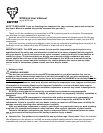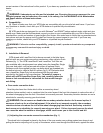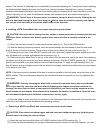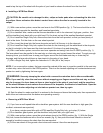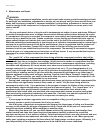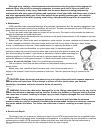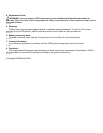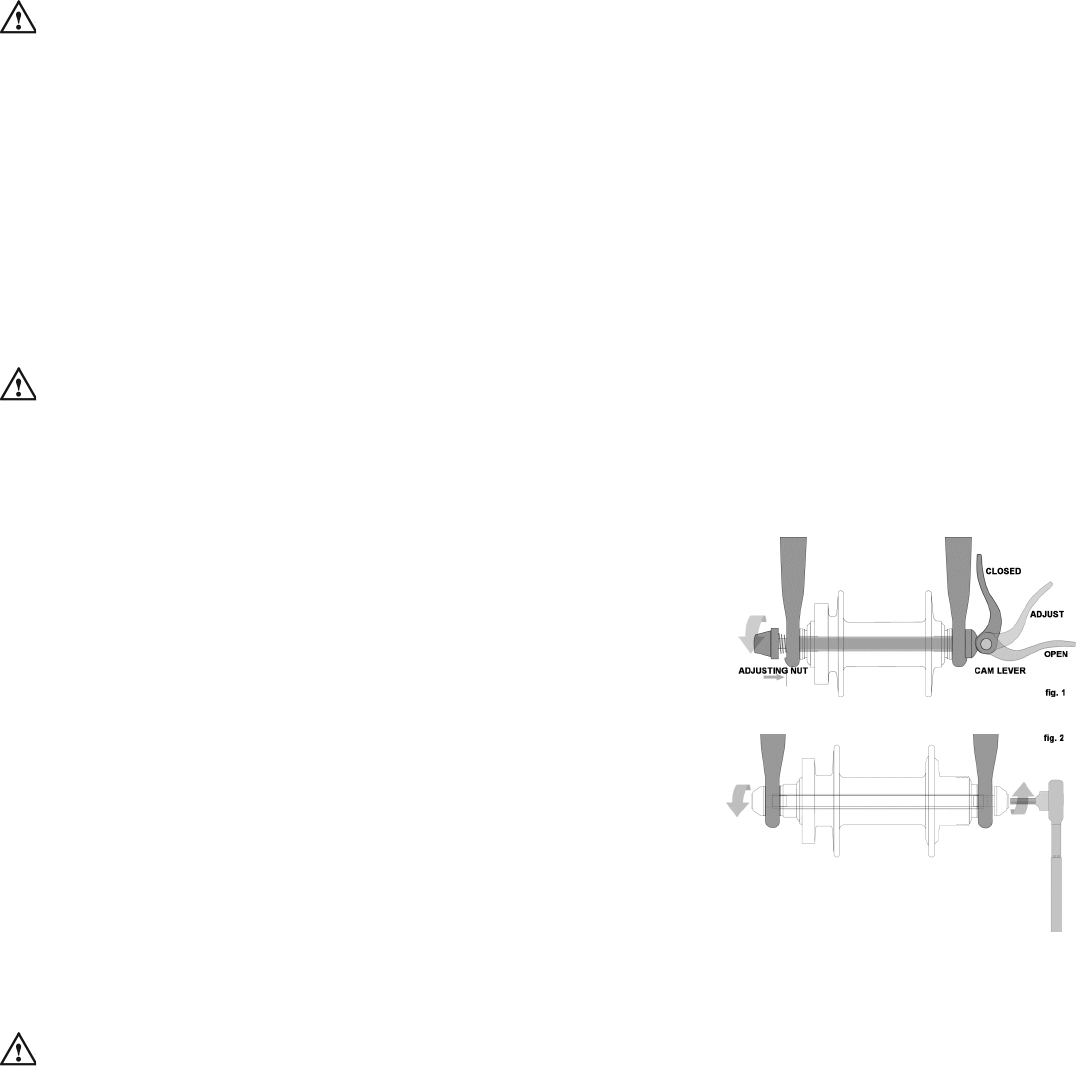
current version of the instructions for this product. If you have any questions or doubts, check with your WTB
dealer.
IU1-1108-3
WARNING: Understand your bike and its intended use. Choosing the wrong component for your
intended purpose can be hazardous. Also read, in its entirety, the first WARNING of the Maintenance
and Repair section of these instructions.
IU2-0508-1
b. Compatibility:
(1) Check to make sure that your WTB hubs are compatible with your bicycle fork and frame. If you have
any questions or doubts, check with your WTB dealer or a qualified bicycle mechanic.
HU1-0508-1
(2) WTB rear hubs are designed for use with Shimano
®
and SRAM
®
pattern splined single, eight and nine
speed cogs. Make sure that the freewheel cog set you plan to use is compatible with your hub in terms of the
manufacturer, model and number of gears/cogs in the cluster. Also make sure to follow the cog manufacturer’s
instructions and use the proper tools to install and torque the correct cogset to your hub. If you have any
questions or doubts, check with your WTB dealer or a qualified bicycle mechanic.
HU2-0508-1
WARNING: Failure to confirm compatibility, properly install, operate and maintain any component
or accessory can result in serious injury or death.
CO1-0508-1
2. Installation & Removal
WTB wheels with LaserDisc Lite hubs are secured to the bike frame
and fork with an over-center cam action mechanism, often called a Quick
Release (fig. 1). The WTB LaserDiscXC and LaserDisc Trail 29er are
also available with a single speed rear wheel using the LaserDisc Single
Duty rear hub which can be secured with either an optional Quick
Release or with the supplied hex key cap bolts which are threaded into
the hollow hub axle, called a Bolt-On system (fig.2). WTB wheels which
use a LaserDisc Super Duty hub are secured with through-axles
supplied by the frame or fork manufacturer. To install or remove a
wheel with a WTB LaserDisc Super Duty hub, carefully follow the
frame or fork manufacturer’s instruction for that model through-
axle fitting.
a. Over-center cam action hubs
Most bicycles have front forks which utilize a secondary wheel
retention device molded, cast or machined into the outer faces of the front fork dropouts to reduce the risk of
the wheel disengaging from the fork if the wheel is incorrectly secured. Secondary retention devices are not a
substitute for correctly securing your front wheel.
WARNING:
Do not remove or disable the secondary retention device. As its name implies, it
serves as a back-up for a critical adjustment. If the wheel is not secured correctly, the secondary
retention device can reduce the risk of the wheel disengaging from the fork. Secondary retention
devices are not a substitute for correctly securing your wheel. Failure to properly secure the wheel
can cause the wheel to wobble or disengage, which could cause you to lose control and fall.
(1) Adjusting the over-center cam action mechanism (fig. 1)
The wheel hub is clamped in place by the force of the over-center cam pushing against one dropout and
pulling the tension adjusting nut, by way of the skewer, which runs through the hollow axle, against the other



